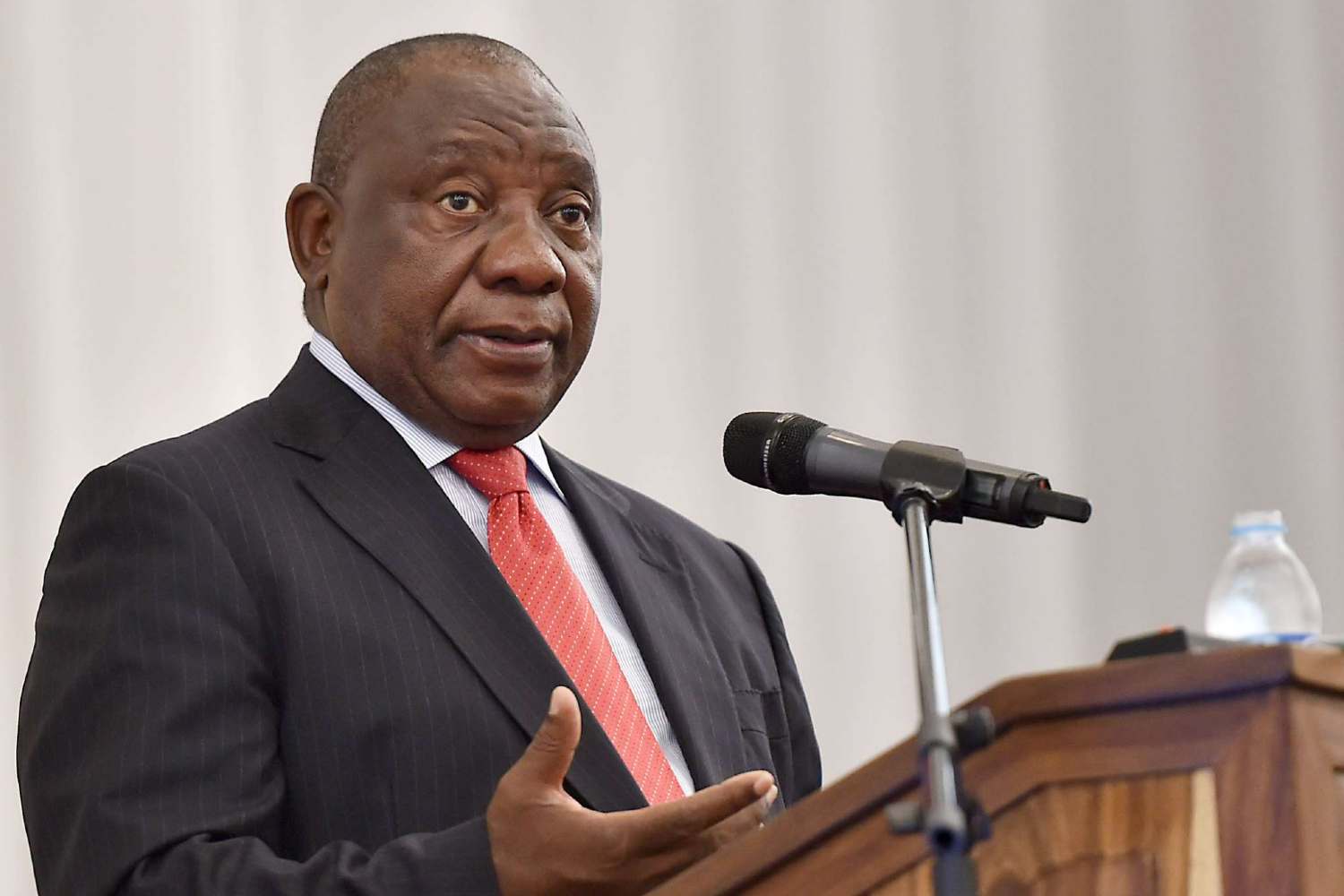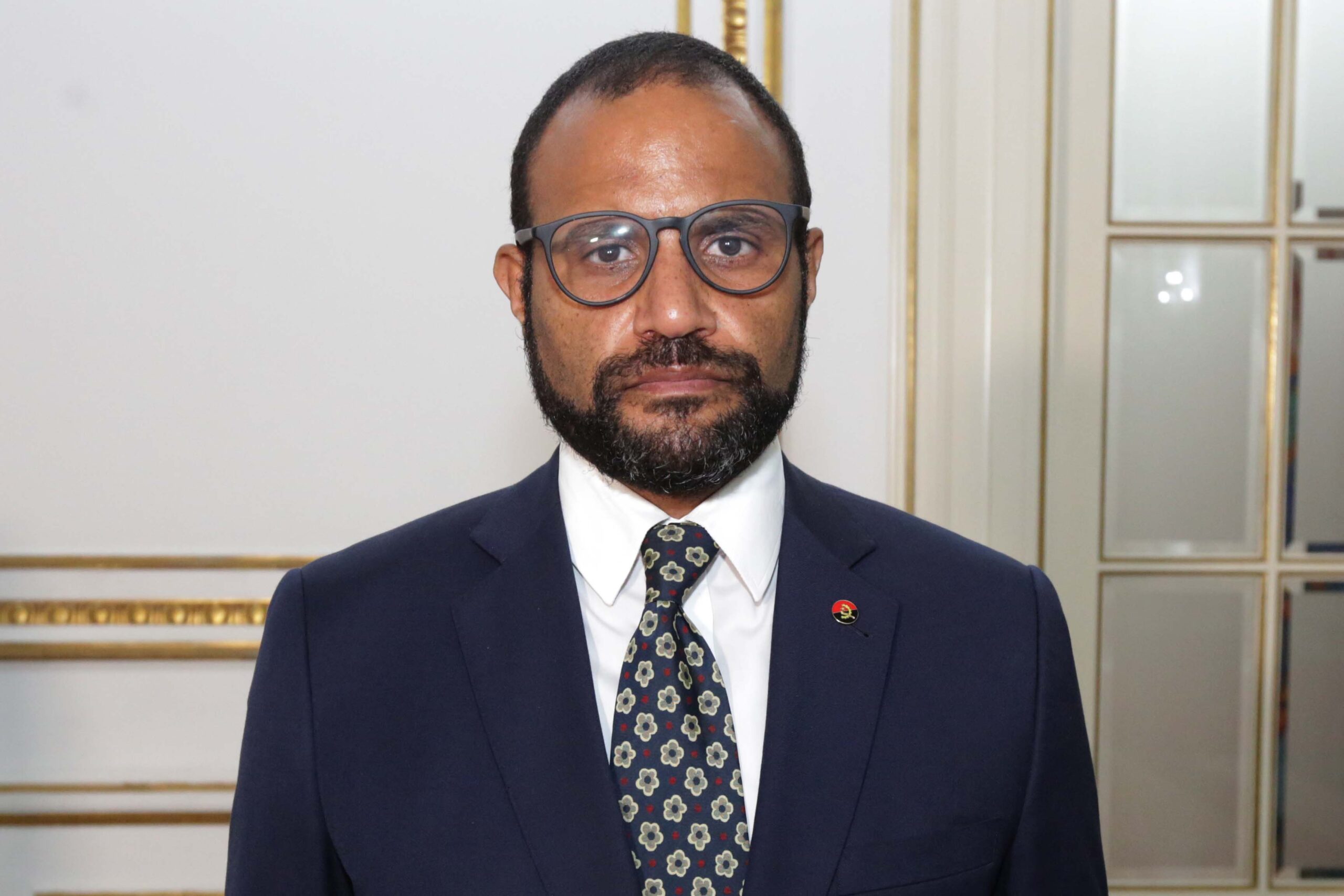The Nana Addo Dankwa Akuffo Addo-led administration in Ghana has continued to attract global attention for the government’s commitment towards improving the lives of its citizens. One of the key policies of the government that has attracted local and international commendation is the Free SHS Program. However, the policy would have collapsed without the Free School Feeding program, which is anchored by the National Food Buffer Stock Company. In this exclusive interview with the African Leadership Magazine UK, the Chief Executive Officer, MR. HANAN ABDUL-WAHAB, tells us about the company’s efforts towards sustaining this important government policy and feeding millions of students daily, among other important issues. Excerpts:
Since your first appointment as the CEO of the National Food and Buffer Stock Company in March 2017, you have been credited with several gains that have transformed the company. What would you say are some of your proudest achievements in office and how you were able to achieve them?
Well, as you rightly pointed out, I was privileged to have assumed the position in 2019 after being appointed by the President of the Republic, Nana Addo Dankwa Akuffo Addo and together with the governing board and my team, we set out to achieve two things; contribute towards the successful implementation of the free senior high school programme and how to innovate and scale-up our operations. And we have been able to make some impacts on our modest achievements within the period. We expanded our operations to cover all 16 regions, and we have had our head office building in Accra renovated to befit a corporate status. We increased our staff strength from a little over 20 plus to almost 100, we played a key role in the fight and management of the Covid-19 pandemic, we have helped to reduce post-harvest losses by providing ready-market for our farmers and created jobs for thousands of people directly and directly after re-organizing our supply system.
My proudest achievement however has been our contribution towards the success of the government’s flagship free SHS programme. The then Education Minister, Dr. Mathew Opoku-Prempeh had said it publicly that he feared that “If something could collapse the free SHS policy, it would have been the feeding of the students”, and for us to have run the feeding system seamlessly all this while gladens my heart and it is one thing that keeps me going.
NAFCO has contributed greatly in the area of feeding about 1.2 million pupils daily. How have you been able to sustain this feat?
So as you may know, at the commencement of the programme the numbers were a bit lower but as it progressed it got increased and we are anticipating further increments in enrolment numbers. It has not been easy but with careful planning and regular engagement with all relevant parties, we have been able to sustain the progress.
First of all, we set up a Food Safety Department to work with our Licensed Suppliers and Buyers on the quality side of it. We are particular about unwholesomeness, poisoning and infections or contaminants. After that, we procured Weighing Scales and distributed to all schools to enable them to check quantity. No room for shortchanging.
Our Licenced Buyers go all the way to the farm gate to buy from the rural farmers fresh locally grown and processed food for our children. We act with high integrity in order not to compromise the programme. By working with all head authorities, teacher unions and other interest groups, the food needs of the students are addressed with speed. And this is how we have sustained the programme to date.
What’s your assessment of the contemporary African agricultural environment and how to maximize the emerging resources to ensure food security in Ghana and Africa, by extension?
If Covid-19 and the Russia-Ukraine War have taught Africa in particular, it is food sufficiency, food security and the need to pay a bit more attention to farming and agriculture. I subscribe findings of recent research by the United Nations which have concluded that” to avoid a significant disaster, national governments and the international community must focus on employment and income protection for those groups whose food claims have been negatively affected, via temporary jobs programmes, unemployment insurance or cash transfers. In addition, there needs to be ready to protect the health and education of members of a household under food stress to avoid long-term consequences of the food shock”.
Again, issues of hunger, starvation and malnutrition go well beyond food systems and depend on social arrangements (including the markets for food and labour, for instance), the economy, and the functioning of the state and governments and that is why a concerted effort by governments on the continent to prioritize food systems and agriculture will be a good decision to take.
You are also known to be a philanthropist with goodwill gestures that have benefited a number of young people in Ghana. Please, briefly tell us about your philanthropic activities?
Through others, some of us became who we are today and through us, others should also become who they want to be, and this has been my guiding principle. I am naturally a compassionate person and the Moslem religion also emphasizes the need to give to those who are in need. So yes, I have been helping people, particularly, the aged, children, the sick and the poor.
I set up The Aludiba Foundation, as a vehicle to basically drive our little philanthropic gestures. I mainly focus on the promotion of education, health and livelihood empowerment mainly in rural communities.
The needs differ with the circumstances. Some require their fees to be paid to enable them to access education, some are worried about the poor nature of the water they drink, and others are concerned about some minimal capital for a livelihood intervention. I try to do my best, to put a smile on my face.
You have been selected by the African Leadership Magazine to receive the Special African Business Leadership Commendation Award, during the 8th International Forum on African-Caribbean Leadership (IFAL) in New York. How does this make you feel?
I am humbled and truly so. I do engage in several projects or initiatives because I feel obliged to do them and not necessarily for recognition, but when they are acknowledged by others, it obviously feels good. Such honours also give us reasons to do more. More for our women, more for the deprived, and more for young people, because as former UN Secretary-General puts it “ have confidence in the young people, give them a chance, and they will surprise you”. I am indeed grateful for this international recognition.


